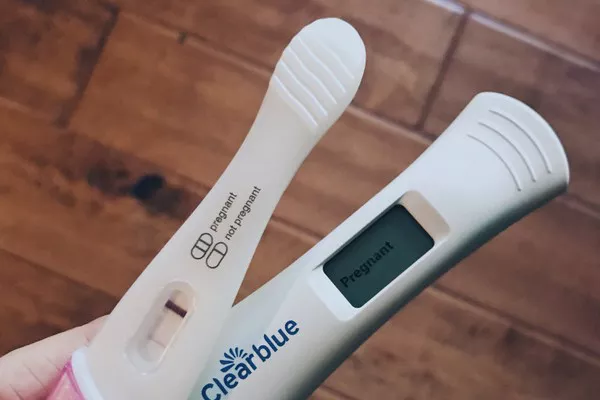Researchers at Kumamoto University have identified a novel mechanism that may revolutionize infertility treatment by promoting embryo implantation. Their study focuses on prostaglandin (PG) receptors in the uterus that facilitate decidualization, a critical process for successful pregnancies. This discovery could lead to new fertility therapies targeting these receptors.
Prostaglandins are bioactive lipids involved in various bodily responses, including inflammation and pain, but their role in reproduction, particularly in embryo implantation, has been poorly understood. Under the guidance of Professor Yukihiko Sugimoto and Assistant Professor Tomoaki Inazumi, the team found that two types of prostaglandins—PGD2 and PGE2—activate specific receptors, DP and EP4, in the uterus during early pregnancy, promoting the development of decidual tissue essential for implantation.
Their findings revealed that stimulating either the DP or EP4 receptor enhances decidualization, suggesting that these pathways can compensate for one another. This groundbreaking insight indicates that using specialized drugs known as DP/EP4 agonists could assist women experiencing infertility related to implantation difficulties.
Professor Sugimoto stated, “This approach may open new avenues for fertility treatments, offering hope to couples facing implantation challenges.” This understanding of prostaglandin receptors in implantation could lead to innovative infertility therapies, significantly improving the prospects of pregnancy for many individuals.


